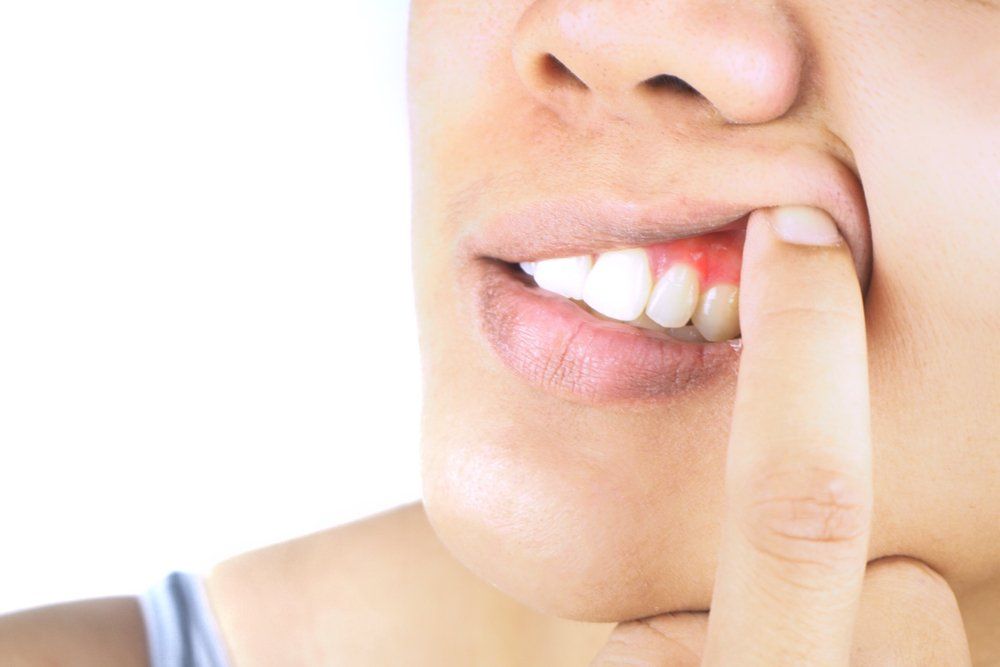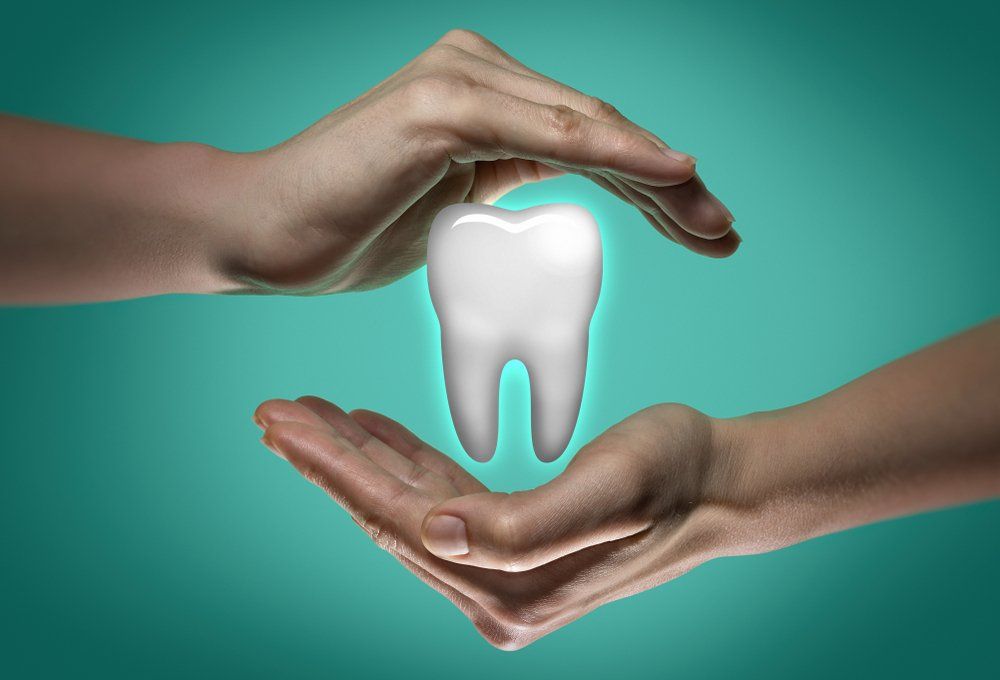A Complete Overview Of Gum Disease
September is National Gum Care Month! In this post, we will be taking a complete overview of Gum Disease and how it can affect your oral health.
Gum disease, also known as periodontal disease, is a gum infection that arises when inflammation is produced as a result of bacteria that builds up on the teeth, damaging the soft tissue and potentially harming the bone that supports them.
Eventually, when it is not properly treated and cared for, such issues can directly produce bone loss, shrinking gums, and loose teeth.
Types Of Gum Disease
There are two distinguishing types of gum disease to be aware of: gingivitis, which is an early gum disease that creates inflammation, and periodontitis, the more severe gum disease that typically follows gingivitis.
Gingivitis, in its early stage, cause bacteria in plaque to accumulate, resulting in the previously mentioned inflammation of the gums. Plaque, a sticky film of bacteria and food, builds up around your teeth when oral care is neglected. Acids are then released, attacking your teeth' enamel (outer shell) and causing decay. Following three days, the plaque will harden into tartar that forms along the gum line, making it more difficult to fully clean your teeth and gums.
Your gums might become irritated and inflamed during this phase of gingivitis, but, because the teeth have remained securely planted in their sockets, no irreparable bone or tissue loss has happened.
Periodontitis is more of an issue though, as the inner layer of the gum and bone will move away from the teeth, forming pockets. While these small spaces might not feel like a cause for concern, debris can build up between the teeth and gums, later turning into an infection. Bacteria in plaque, combined with the body's positive enzymes that work to thwart infections, produce toxins or poisons over time, breaking down the bone and connective tissue that serve to keep your teeth in place. When the disease further progresses, the pockets deepen, destroying more gum tissue and bone.
Symptoms Of Gum Disease
Many people will experience gingivitis at a certain juncture in their lives and, because of the somewhat mild symptoms, will neglect it. Similarly, periodontal disease can often creep up subtly.
Fortunately, several symptoms can assist you in identifying gum disease, including gums that bleed during and following your tooth brushing, gums that are red or swollen, receding gums, constant bad breath or an unpleasant taste in the mouth, formation of deep pockets between your teeth and gums, loose or shifting teeth, and alterations in how your teeth fit together whilst biting down.
Regardless of whether or not you experience any of these symptoms, it is entirely plausible that you still have gum disease to some extent, with only certain teeth being affected.
Causes Of Gum Disease
Although plaque is the main cause of gum disease, several other factors can contribute to the issue as well. Hormonal changes, frequently seen during pregnancy, puberty, monthly menstruation, and menopause, are influential in making the gums more sensitive, a development that opens up a pathway for gingivitis to form. Illnesses are also capable of impacting the condition of your gums and that includes diseases that disrupt the work of the immune system, such as cancer or HIV. Since diabetes already affects the body's ability to utilize blood sugar, patients who live with this disease are more susceptible to infections like periodontal disease and cavities. Medication can even have an adverse effect on your oral health, specifically the products that decrease the flow of saliva. Remember, saliva protects your teeth and gums. Other medications might create an abnormal growth of gum tissue. Poor habits, specifically smoking, hinder the gum tissue's ability to repair itself, while a lackluster oral hygiene routine also plays a negative part in the development of gingivitis. Lastly, a family history of dental disease can be a source of gum disease.
Dentist Intervention & Treatment
Our dental team will check for a variety of signs during a dental exam, determining if you have gum disease. Indicators can be found in your gums (bleeding, swelling, firmness, and pocket depth), teeth (movement, sensitivity, and alignment), and jawbone (helping reveal the breakdown of bone surrounding your teeth). Treatment consists of re-attaching healthy gums to teeth, reducing swelling, depth of pockets, and the risk of infection, and stopping disease progression. What treatment is ideal for you depends on the stage of the disease, your reaction to any earlier treatments, and your overall health. Options range from non-surgical (professional dental cleaning that removes plaque and tartar, or a deep cleaning performed under a local anesthetic) to surgical (bone grafts, soft tissue grafts, pocket reduction surgery, guided tissue regeneration, or bone surgery). Antibiotic treatments, in conjunction with surgery, other therapies, or on its own, can be effective in reducing or momentarily eliminating the bacteria associated with gum disease.
Long-Term Care & Prevention
In the majority of cases, gingivitis can be reversed and gum disease can be prevented from intensifying. Of course, that hinges on receiving professional cleanings at least twice per year, along with a daily commitment to brushing, flossing, and rinsing. Brushing twice a day, with a soft-bristled brush and fluoride toothpaste, is recommended because it removes plaque on the surfaces of the teeth that are within reach. Flossing takes care of the food particles and plaque that form in those hard-to-reach spots (between the teeth and beneath the gum line) that your brush can't work on. Rinsing your mouth with an antibacterial mouthwash thwarts bad breath and plaque.
Some key health and lifestyle changes can also be pivotal in reducing the risk of gum disease, its severity, and the pace at which it develops: quitting smoking (harmful to your teeth and gums, smokers are seven times more likely to encounter gum disease than non-smokers); limiting stress (stress can make it strenuous for your body's immune system to overcome an infection); balancing your diet (bacteria in your mouth thrives on sugars and starches from food, releasing the acids that attack tooth enamel more rapidly); avoiding clenching and grinding of your teeth (excess force on the supporting tissues of the teeth can potentially speed up the process of destroying these tissues).







